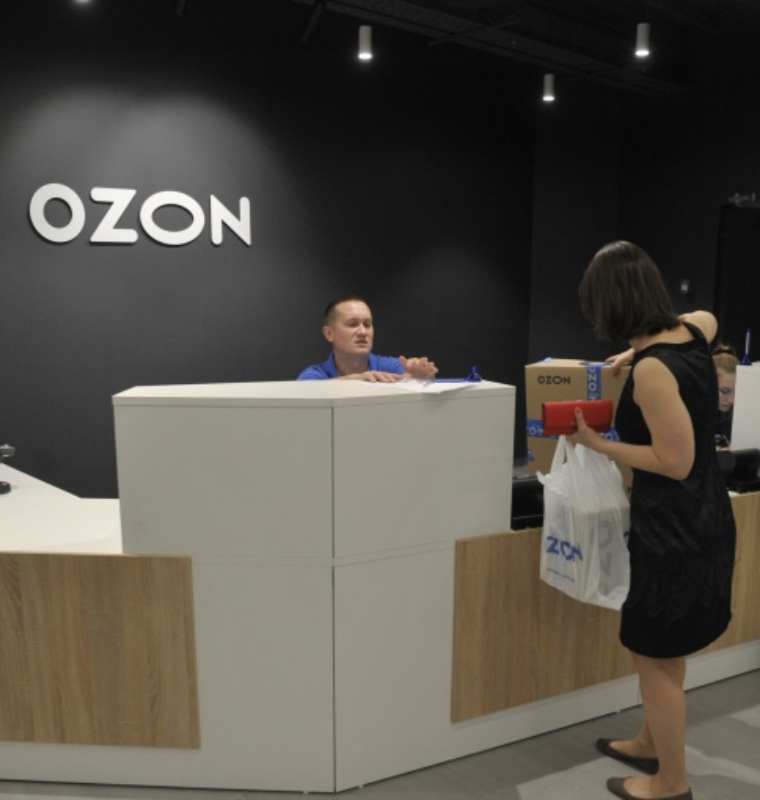Nissan Scales Back Japan Production of Best-Selling U.S. SUV Amid Tariff Uncertainty
Nissan Scales Back Japan Production of Best-Selling U.S. SUV Amid Tariff Uncertainty
By
Calder Monroe
Last updated:
April 15, 2025
First Published:
August 3, 2025
.jpg)
Source: News Channel 5
Tariffs Reshape the Global Auto Landscape
In a bold shift influenced by evolving U.S. trade policies, Nissan is scaling back production of its most popular U.S. model, the Rogue SUV, at its Kyushu manufacturing plant in Japan. This move—prompted by a steep 25% tariff on foreign-built vehicles imposed by the Biden administration—highlights the growing ripple effects on global automakers as they adjust operations to safeguard profits and remain competitive in the U.S. market.
Nissan’s Production Cut: A Deep Dive
According to a source familiar with internal operations, Nissan will reduce output of the Rogue by approximately 13,000 units from May through July 2025 at its Kyushu facility. This production slash represents over 21% of the 62,000 Rogues sold in the U.S. during Q1 of this year.
The Kyushu plant—Nissan’s largest domestic production hub—will continue operating on two shifts per day, though several workdays will be eliminated during the adjustment period. Employees will face reduced working hours as the company navigates a turbulent global trade environment. Nissan has yet to finalize further production decisions and will reassess after July based on future tariff developments.
U.S. Market: Nissan’s Crucial Battleground
The U.S. remains Nissan’s largest and most vital market, accounting for over 25% of the company's global vehicle sales. In 2024, Nissan sold nearly 246,000 Rogue SUVs in the U.S., making it the company’s top-selling model in the region. While Nissan also manufactures the Rogue at its Smyrna, Tennessee plant, a significant portion is still produced in Japan and Mexico—regions now subject to stiff import duties.
Initially, Nissan had planned to cut one of two shifts at the Smyrna plant, but the company reversed that decision earlier this month, maintaining full operation due to consistent demand and strategic market realignment.
Industry-Wide Reactions: Automakers Adapt to Tariffs
Nissan is not alone in reconfiguring its production strategy. Several global manufacturers are taking swift action to minimize the impact of U.S. tariffs:
- Stellantis (Chrysler’s parent company) halted operations at plants in Mexico and Canada, affecting five interconnected U.S. facilities and leading to 900 temporary U.S. layoffs.
- Honda announced it would manufacture its next-generation Civic Hybrid in Indiana, shifting from its original plan to build the model in Mexico—clearly a direct response to tariff pressures.
- Toyota, in earlier statements, confirmed an investment of $1.3 billion into its Kentucky plant to ramp up local production and reduce reliance on imports.
These changes are part of a broader trend as automakers seek to “localize” production and avoid punitive duties, especially in their most profitable markets like the U.S.
Nissan’s Bigger Picture: A Company in Transition
Beyond tariffs, Nissan has been grappling with deeper structural challenges. The company had previously aimed to reduce global production capacity by 20% under a multi-year restructuring plan launched before the current tariff crisis.
Newly appointed CEO Ivan Espinosa is under immense pressure to rejuvenate the brand, particularly in the U.S., where outdated models and a lag in hybrid offerings have dented performance. In the fiscal year ending March 2025, Nissan revised its profit outlook three times, underlining the urgency of its turnaround strategy.
Espinosa has prioritized improving production efficiency, streamlining product offerings, and accelerating the rollout of hybrid and EV models to remain competitive in an evolving automotive landscape.
Nissan Responds: Strategic Flexibility Over Panic
In a public statement, Nissan emphasized its commitment to adaptability, stating:
“We are actively reviewing our global production and supply chain strategies to align with both immediate disruptions and long-term sustainability goals. Our workforce remains a top priority as we respond thoughtfully to these challenges.”
President Biden, addressing concerns from automakers, hinted at potential policy tweaks, stating on Monday:
“Automakers need a little bit of time—we're open to considering adjustments.”
The Road Ahead
As Nissan joins a growing list of manufacturers reshaping their operations due to rising protectionist policies, the future of global automotive production appears increasingly regionalized. With tariffs reshaping where and how vehicles are built, Nissan’s Kyushu adjustment is a clear signal that no player is immune in this high-stakes trade chess game.
Popular articles
Subscribe to unlock premium content
The Rise of Ultra-Luxury Wilderness Retreats in Siberia for High-Net-Worth Investors

Remote Himalayan Villages Transforming Ancient Traditions into Lucrative Wellness Ventures

The New Frontier of Investment in African Artisan Mining Communities

The Rise of Ultra-Luxury Wilderness Retreats in Siberia for High-Net-Worth Investors

Remote Himalayan Villages Transforming Ancient Traditions into Lucrative Wellness Ventures

The Rise of Ultra-Luxury Wilderness Retreats in Siberia for High-Net-Worth Investors









